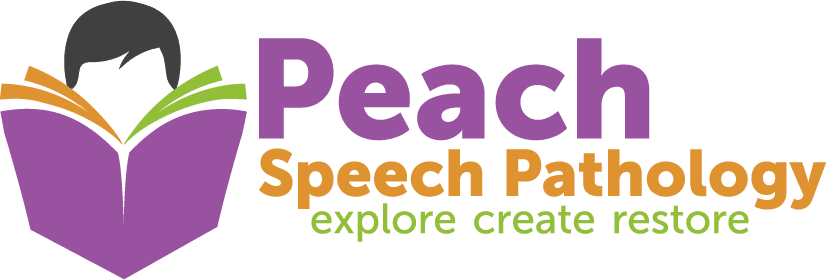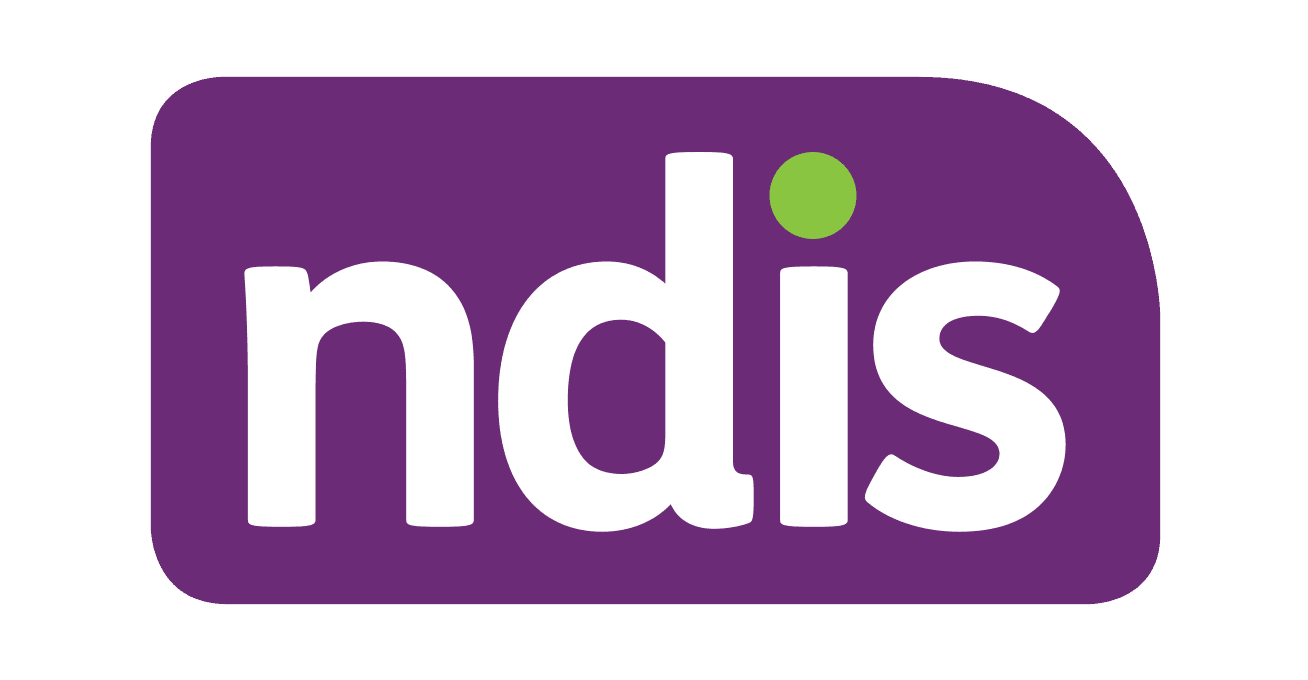Dysphagia is the term that Speech Pathologists and other medical professionals use to talk about difficulties with swallowing. Swallowing is usually an automatic process that people don’t think about much until something goes wrong. Swallowing difficulties are more common following a stroke, brain-injury or other neurological event, however they can become a problem as a person gets older. Occasional occurrences of ‘food going down the wrong way’ and coughing/choking are normal, however if this becomes a regular occurrence it is important to see your GP as soon as possible. Speech Pathologists work closely with GP’s and your GP will be able to determine when a referral to a Speech Pathologist is necessary. Some patients are eligible for a care plan from their GP which allows Medicare rebates for some Speech Pathology sessions. Please discuss this with your GP, or give us a call at Peach Speech Pathology for further information about the services and support we offer.
As we get older, communication can become more difficult due to many reasons. If you are an adult who has difficulty communicating and expressing yourself and it is affecting your everyday life it is a good idea to seek the support of a Speech Pathologist. Communication support comes in many forms and needs to be targeted to an individual’s needs. Please call our friendly team to discuss your needs.
As an adult your speech can become unclear for many reasons, the most common of these is because of a neurological event such as a stroke or TIA, or because of a degenerative disorder such as Parkinson’s Disease. Speech Pathologist’s are trained to support adults with unclear speech in communicating with others and ensuring that the impact that this has on your life and everyday activities is minimised.
Please give our friendly and professional team a call to discuss how we can support you.
As we get older our hearing deteriorates, and we often need more support to be able to communicate. Many people benefit from some simple strategies such as reducing background noise to support with hearing. Others need to be assessed for a hearing aid or similar to ensure that we can communicate adequately, and that hearing does not affect our ability to maintain relationships.
Please give our friendly and professional team a call to discuss how we can support you.
Speech Pathologists work in the area of communication, including alternative forms of communication to speech. Alternative and Augmentative Communication (AAC) is the term that is used to encompass a wide range of communication devices from high technology devices (such as an iPad) to using low technology devices such as a paper-based Picture Exchange System. The option that best suits someone is dependent on the individual’s needs and level of communication. The aim of alternative forms of communication is to provide Individuals with difficulties verbally communicating with a system to express their needs, thoughts and feelings. Speech Pathologists are involved in the assessment of an individual’s needs to ensure the most effective alternative communication device best suiting their needs is able to be provided.
Speech Pathologists are involved in supporting individuals and families with using signing to communicate. Speech Pathologists are also involved in funding applications for communication devices.
Degenerative diseases and injuries affect an adult’s communication in many ways. Adults who have had a stroke or have a degenerative disease often have some residual effects such as: voice problems, dysarthria, dyspraxia, dysphagia (swallowing problems). Speech Pathologists are heavily involved with diagnosing and providing treatment for these difficulties. As an adult, communication is an essential part of everyday life and it is important following a neurological event that people are supported to continue socialising and interacting as they would have done before the injury or diagnosis.
Please give our friendly and professional team a call to discuss how we can support your needs.

